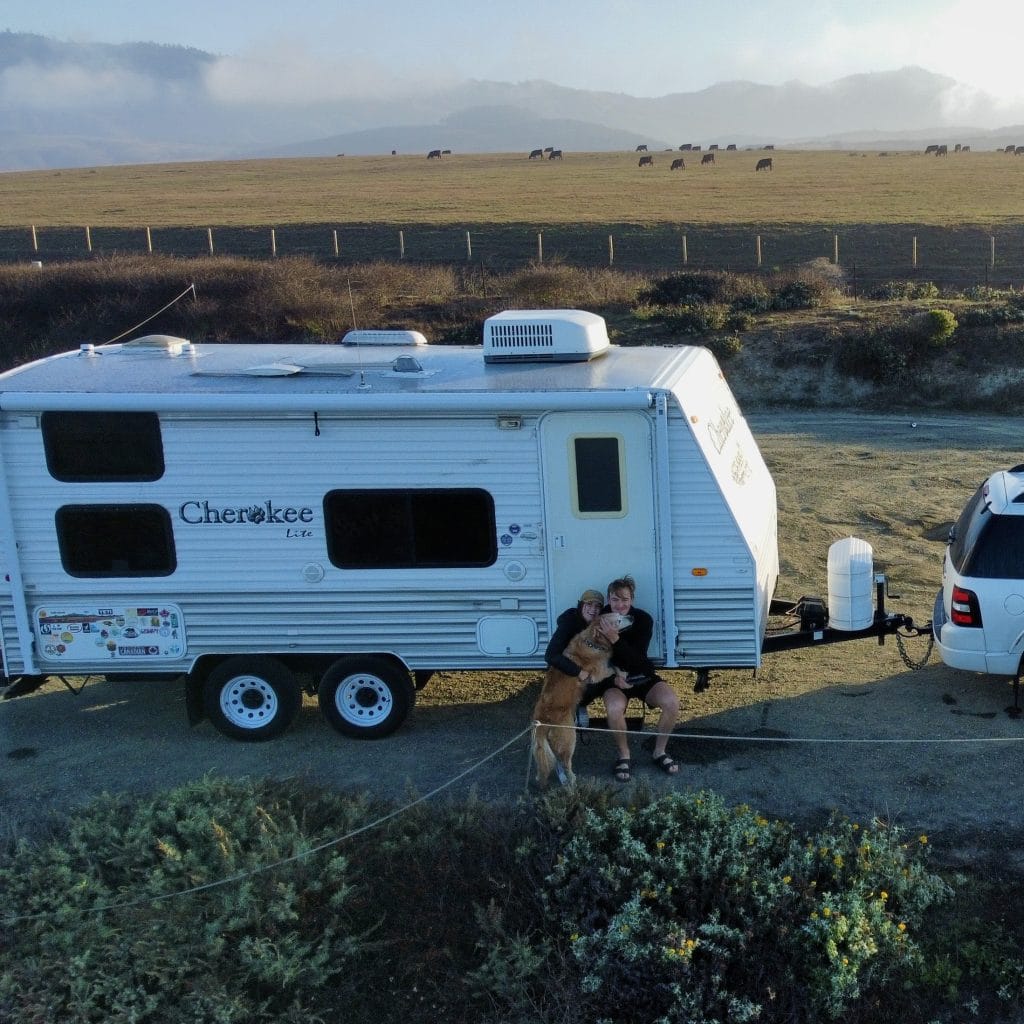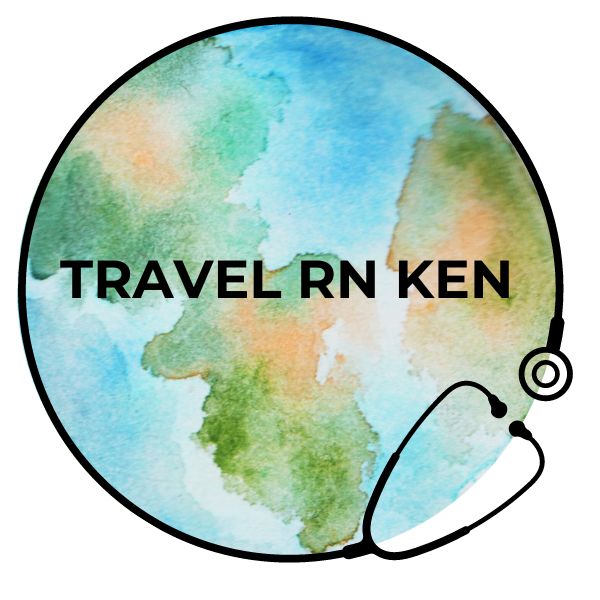How to Become a Travel Nurse in Canada
Working as a travel nurse in Canada is a unique opportunity to explore the country’s beauty while gaining valuable experience in various healthcare settings. With higher pay, more freedom, and endless growth both professionally and personally, travel nursing helps you make the most of your nursing career.
Why Travel Nurse in Canada?
Unique Experiences
One of the most rewarding parts of travel nursing is the variety of experiences it brings. You’ll have the chance to explore new places, embrace adventure, and create friendships with people you never would have met otherwise – all while growing professionally through exposure to different hospitals and patient populations.
Higher Pay
It is no secret that travel nurses typically make more money than staff nurses. Their increased income reflects the flexibility, experience, and commitment required to leave home and work in unfamiliar and understaffed facilities across the country while continuing to incur living expenses in their tax home.
Travel nurses in Canada are paid a taxable hourly wage as well as tax-free stipends (also known as per diems or daily allowances). On average, travel nurses in Canada earn $50-$90 per hour, with significant tax-free stipends, depending on specialty and province.
More Freedom
In addition to higher pay, travel nurses also have the freedom to choose where, when, and how much they work.
As a travel nurse in Canada, you’re in control of your own schedule – whether that means taking a few months off to travel, choosing not to work over holidays to spend time with loved ones, or moving to a new city every season. Without the commitment of a permanent position, you can shape your career around your lifestyle, not the other way around. Work to live, not live to work – am I right?!
Okay, now that we’ve discussed the perks of travel nursing, let’s get into the logistics of how to make it happen. Below, you will find a step-by-step guide on how to become a travel nurse in Canada.
1. Education & Experience
To work as a travel nurse in Canada, you’ll need to have completed your RN degree and passed the NCLEX. From there, most agencies require at least one year of experience, although two years is strongly preferred, especially if you’re applying for specialty units like ICU, ER, or L&D.
Experience and expertise are expected of travel nurses. Orientation on travel contracts is minimal – usually a single shadow shift – and then you’re expected to jump in and function independently. Hence, the importance of feeling confident in your skills and ability to adapt to new environments.
2. Connect with an Agency & Recruiter
Travel nursing agencies act as a middle ground between you and hospitals, connecting you with assignments that fit your specialty and goals. Canadian travel nurse agencies also handle the logistics of onboarding, contract details, and often, accommodations and travel to and from your assignment.
There are many travel nurse agencies in Canada, which is both exciting and a little overwhelming when you’re just starting your travel nurse journey. I connected with several companies, asked my questions, and did my research before choosing to work with Select Medical Connections.
Select Medical Connections is known for its competitive pay, 24/7 recruiter support, comprehensive benefits, and a 25-year excellent reputation of matching travel nurses with rewarding roles.

Arguably, even more important than your travel nurse agency is your recruiter. Your recruiter should feel like the right fit for you, someone who understands your professional goals and guides you throughout the travel nursing process.
My Select Medical Connections recruiter has been incredible – always just a text or call away to answer my endless questions, and she helped me land my current job exactly where and when I wanted. I would recommend her to anyone and would happily connect you with her. Just drop your name and email below to be connected with my Canadian travel nurse recruiter!
3. Update & Upload Your Resume
Most travel nurse agencies have an online portal where you’ll upload all your documents, and your resume is the first thing they’ll look at. Make sure your resume is up to date, polished, and highlights your skills and experience. If you need more guidance, I have a full post on how to write the perfect travel nurse resume.
You’ll also need to share 2-3 references with your recruiter. Your references can be nurse managers, educators, or charge nurses with whom you’ve worked in the past year. Don’t stress about this part – just provide your references’ info, and the agency will usually send them a survey-type email for feedback on your performance.
4. Complete Required Onboarding
Every travel nurse agency has its own onboarding package, which should be visible on your travel nurse portal, but expect to provide the following:
- Immunization and TB records.
- Criminal Record Check with Vulnerable Sector (CRCVS). This can be done online through your provincial police.
- Mask Fit Test (within one year).
- Heart and Stroke BLS. Find courses here on the Heart and Stroke Website.
- Skills Checklists (self-assessment of your clinical skills).
- WHMIS. Can be completed on this Free Online Course.

5. Apply for Provincial Nursing License
Applying for provincial nursing licensing is one of the most important steps to becoming a travel nurse in Canada, and it’s something you’ll want to start early. I recommend applying as soon as you have connected with your recruiter and chosen your desired location.
Each province has its own nursing regulatory body, so the requirements, processing times, and fees can look a little different depending on where you’re heading. If you want to travel nurse in multiple provinces, you’ll need multiple nursing licenses, so plan accordingly!
Regardless of the province, expect to fill out an application, provide proof of education and work history, and submit a recent background check.
Licenses typically cost between $300-$800 per year – some agencies offer license reimbursement!
For a full list of provincial and territorial nursing regulatory bodies and their contact information, check out the Canadian Nurses Association’s Directory.
6. Apply for Jobs
This is where the fun begins! By this point, your recruiter should be well aware of your ideal location, specialty, start date, and contract length to start the hunt for your dream travel nurse job.
The more flexible you are (like being open to northern placements or night shifts), the more opportunities you’ll have.
When a job that matches your preferences pops up, your recruiter will send over the details and ask if you want to be submitted. From there, things can move quickly – in my case, I had a job offer and contract sitting in my inbox within minutes of applying. That’s why it’s so important to be ready to commit to the job once you give your recruiter the green light to apply.
As it turns out, you usually don’t even need to interview for the position – your agency handles all the screening and sends everything directly to the hospital! That said, there are times when a job has multiple submissions or other situations when the hiring manager wants to interview. Be prepared by reading what to expect of travel nurse interviews here.
7. Accept a Job & Sign Your Contract
Once you’ve accepted an assignment, the next step is signing your travel nurse contract, which will be emailed to you.
This contract is the official agreement between you, your agency, and the hospital, and it lays out everything from your start and end dates to pay rates, shift information, and housing or travel allowances.
Take your time to read it carefully and don’t be afraid to ask your recruiter questions if something feels unclear – this is your chance to make sure everything is accurate and aligned with your expectations. It’s also smart to double-check your wages, cancellation policies, overtime pay, etc.
Signing the contract makes everything official, and from there, you can focus on the exciting part: preparing for your travel nursing new adventure!

8. Set Up Banking & Benefits
Travel nursing is great, especially getting paid to do it! Now that you’ve got a travel nurse contract lined up, it’s time to set up your banking and benefits.
Provide your agency with your direct deposit information – this usually means sending in a void cheque or a bank slip so they can set up payroll. I personally use Wealthsimple for my banking (super easy to manage everything online), but any Canadian bank account works just fine.
Most agencies pay weekly, typically on Fridays, and they’ll automatically deduct federal and provincial income tax, CPP, and EI, so your paycheque comes net and ready to use.
As for benefits, agencies vary. Some, like Select Medical Connections, offer health and dental coverage while you’re on assignment, while others provide a stipend so you can purchase your own. It’s worth asking your recruiter about what’s included before you sign, so you know exactly what to expect.
Either way, make sure you have coverage sorted, especially for things like prescriptions and emergency care while you’re away from home.
9. Arrange Transportation & Housing
Most travel nurse agencies will book your travel for you – whether that’s a flight, ferry, or mileage reimbursement if you’re driving. If you choose to book your own flights, make sure to check in with your recruiter first – they can help you understand your relocation budget and arrange reimbursement. Travel is usually arranged about one week before your contract start date.
Housing is typically agency-provided, furnished, and fully equipped with Wi-Fi, kitchen supplies, and linens. In more rural areas, accommodations might be dorm-style or hotel-based.
Currently, I’m in central Newfoundland in a two-bedroom basement suite arranged by my agency. It is clean, close to the hospital, and completely paid for. Not having to pay rent is a huge perk!
There are circumstances where you can find your own housing, especially if you’re travelling with your pet or a partner. Be sure to work with your recruiter to establish a housing budget, as this largely varies depending on the region.
If you’re up for the adventure, RVing is an amazing option. I lived in this 18-foot travel trailer for two years while working as a travel nurse. Between the money I saved and the ability to roll away for spontaneous trips, it was more than worth it and a ton of fun!

Pro Tip: When looking at housing options, reach out to AirBnB/VRBO hosts to tell them your situation and request a monthly discount (RV parks offer long-term discounts, too). There are also Facebook groups dedicated to travel nurse housing in each province.
10. Move to Your New Temporary Home & Job
At this point, you have a signed contract, accommodation and travel arranged, and your bags packed – now it’s time to do the darn thing!
If possible, give yourself a few days to settle into your new surroundings before starting work. You can expect an email with your first-day instructions and orientation schedule within a few days of your start date.
Check out my post on how to conquer your first week as a travel nurse, to help ease those first-week jitters!
Starting out as a travel nurse in Canada can feel overwhelming at first, but with this guide, the right recruiter, and a little courage, it is absolutely doable and worth it. Travel nursing opens the doors to new experiences, friendships, and opportunities you’d miss out on if you didn’t take the chance on yourself – so what are you waiting for?!

